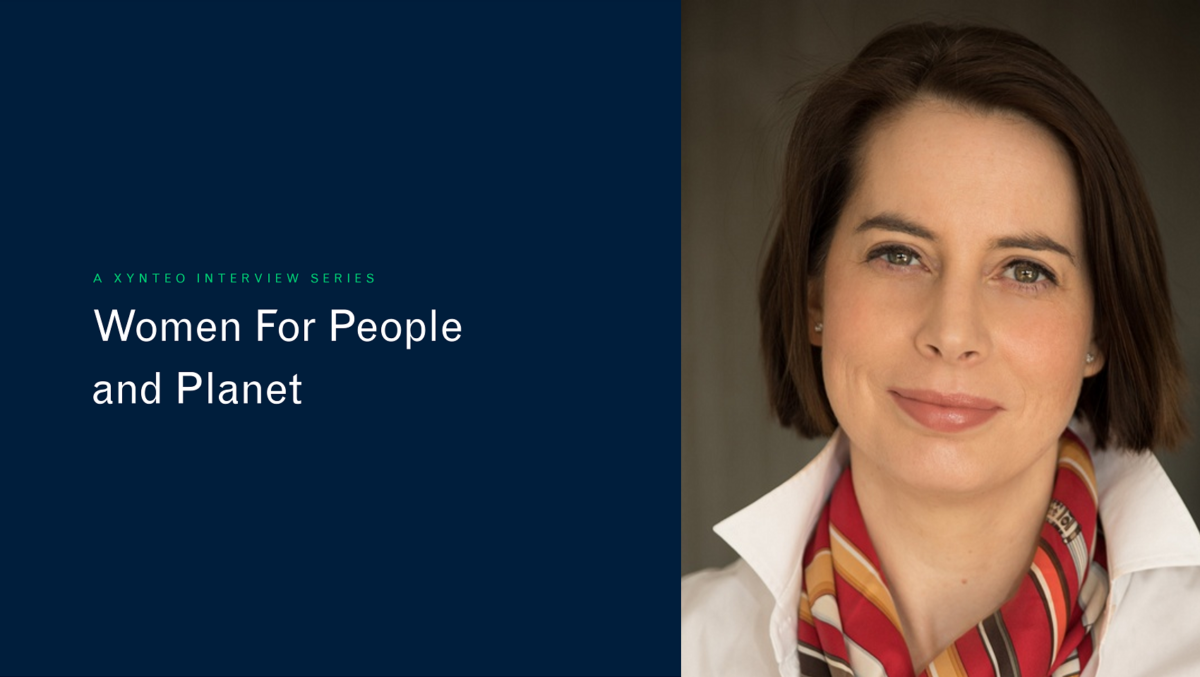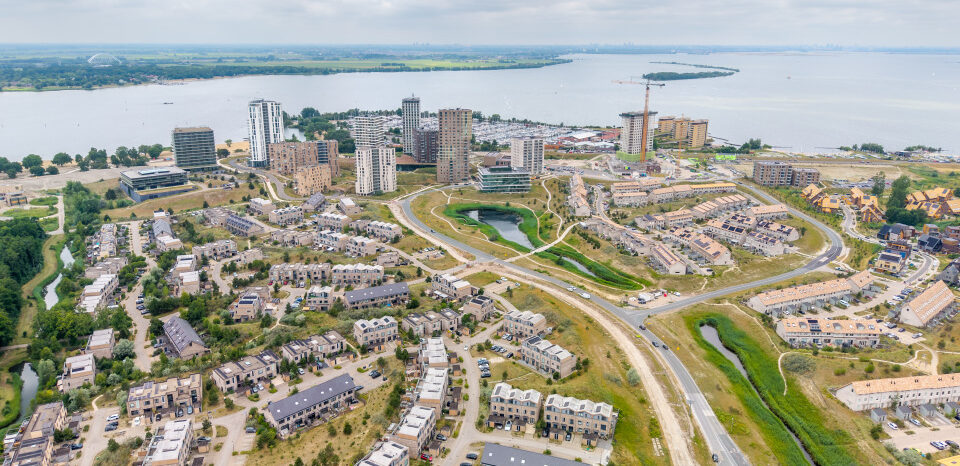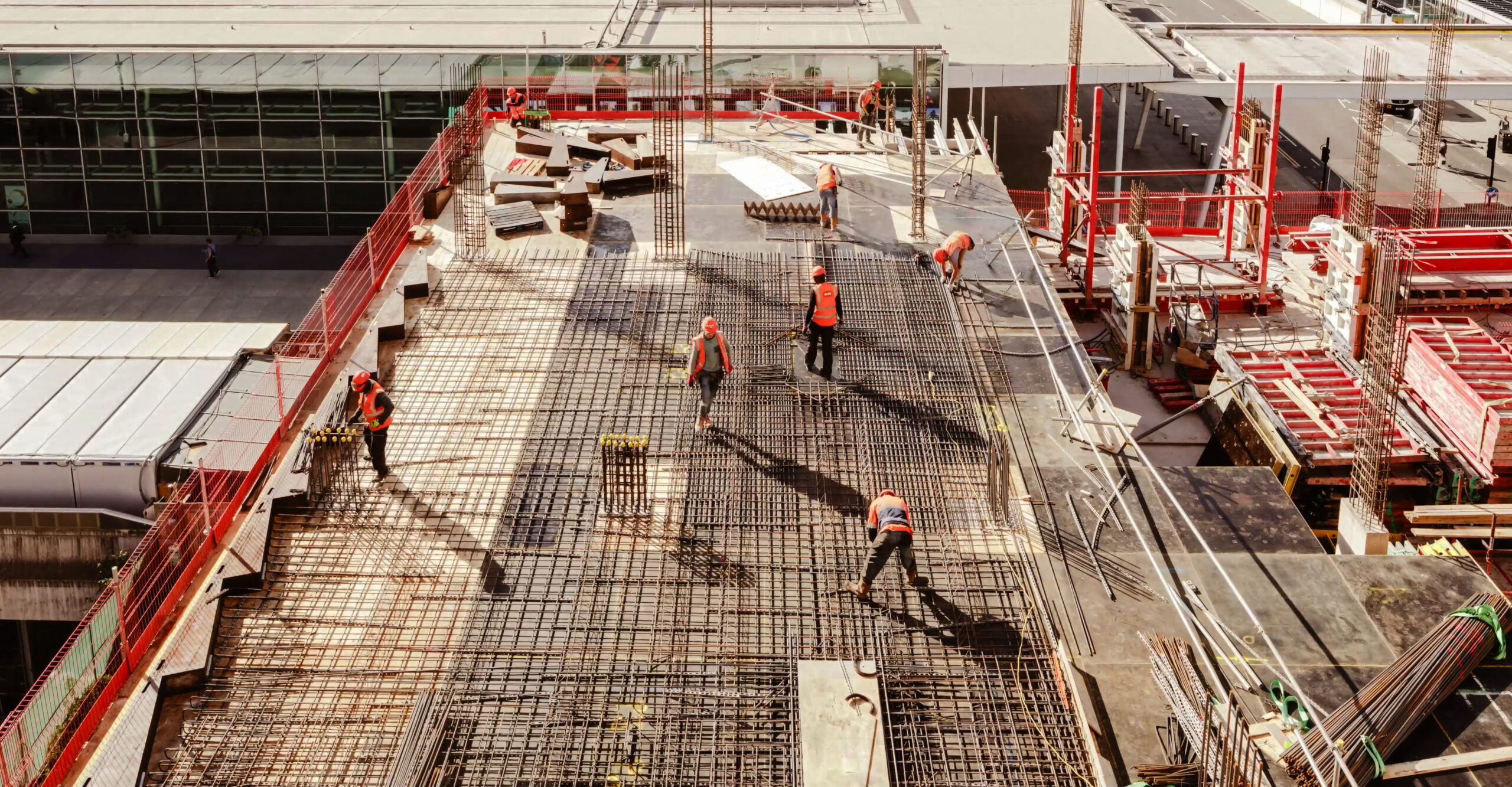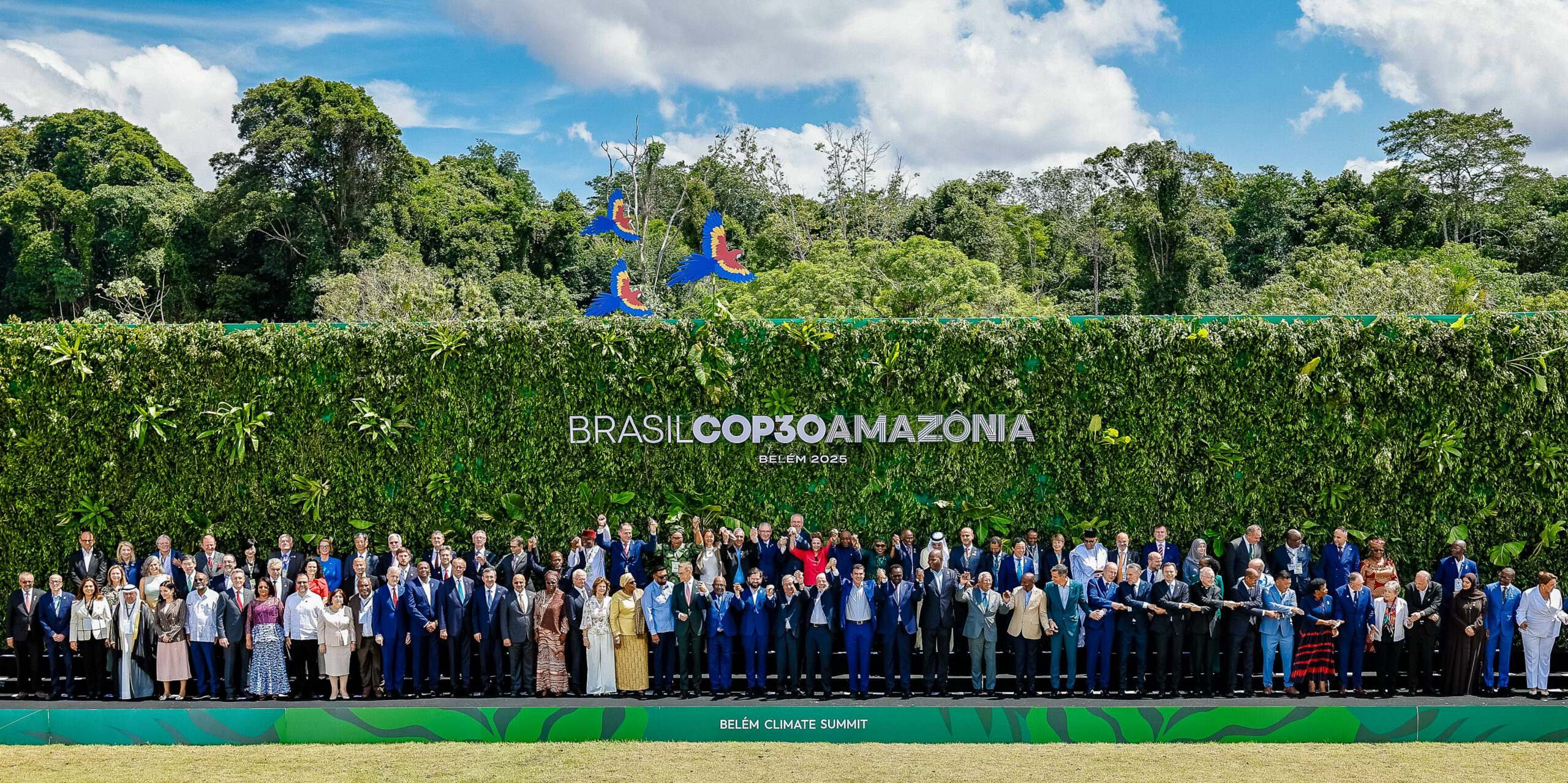Rachael De Renzy Channer is a leader in the business world’s sustainability space. From starting her career in the army to now working as Chief Sustainability Officer, she brings a people-first-within-systems approach to helping drive change at the core of businesses.
Xynteo’s Carys Martin sat down with Rachael to talk about her journey towards sustainability, lessons she’s learned along the way and the future of sustainability for the corporate world’s leaders.
What does your personal journey towards sustainability look like?
Rachael: I spent 12 years in the army, where I first encountered sustainability, while also pursuing my masters in global security. This introduced me to the topic from a risk and resilience perspective, looking at sources of conflict and risk: resource wars, water scarcity, migration, geopolitical instability and things like that. Transitioning to the private sector, I worked at Invensys, focusing on industrial automation and energy efficiency. After being acquired by Schneider Electric, I became more immersed in the world of energy efficiency—but I didn’t necessarily connect this work with sustainability, purpose and justice. As my career has developed, I’ve come to the space much more from a business and leadership perspective.
What are the skills and experiences that you’ve valued the most on this journey and have equipped you best?
Rachael: My time in the army gave me the building blocks that I can fall back on. Our ethos in the Military Academy is ‘serve to lead’, which deeply resonated with me. It’s not just being a job; it’s who you are. While this is great in some ways, it can be quite difficult as the lines between personal and professional life are blurry. As part of this I also learned leadership resilience, seeing the potential in people, helping them develop, trying to get the best out of people —which I found incredibly rewarding.
What opportunities have been the most important to making progress in your sustainability journey?
Rachael: Moving into the corporate world, I learned a lot about strategy and collaboration in a business context. Organisations are putting a great deal of effort to unify towards a common objective. Stepping into that world was interesting – I’d see values written on the wall or on a mug, but sometimes didn’t really see those values translated in behaviours. I learned some very practical skills around how businesses operate. My focus today is on the “human puzzle” within a business context and trying to understand people in systems. There’s a Russell Ackoff quote I love: “A system is never the sum of its parts, it’s the product of their interaction.”
Leading requires a tolerance for failure and a willingness to fail. Sometimes a senior leader’s own success can be their downfall in a new role: they’re too anchored to their past identity as someone ‘successful’ to take risks.
What barriers have you faced?
Rachael: A mentor once told me, ‘You need to get out of your own way’, highlighting the importance of overcoming self-imposed limitations. My perceptions are often different from reality. Being a woman has been a barrier sometimes: if a woman is quite assertive, it can be viewed very differently to a man being assertive, leading to discomfort. I don’t want to be deemed aggressive.
From a leadership perspective, I believe there’s a prevalent notion of the “superhero” as the ideal leadership figure. Throughout my career I’ve sensed a tension to try fit that template. I am a leader, but I don’t fit that template. Trying to fit into this mould can be quite tiring!
What has been your proudest impact achieved?
Rachael: I’m a true believer in the ripple effect. When a client or someone we’ve placed are doing great work, especially in the realm of sustainability, I feel really proud of our contribution. Seeing in the news of hearing back about how these individuals and teams are thriving and creating impact is hugely rewarding. It’s why I do the work that I do.
I’ve worked with a wide array of people who combine humanity, purpose and a bias to action. I’m very lucky to work in this space, both as a practice group leader and now in my role as Global Head of Sustainability. There are two elements of the job – orchestrating the Firm’s journey towards “walking the talk” and fostering difficult conversations around what modern leadership looks like. Both aspects of the job are intertwined: making progress requires leaders who grasp the complexities of systems not merely as thinker, but as part of the broader industry system.
It’s an important journey. We don’t know what the future holds, and we certainly don’t have all the answers. Leading requires a tolerance for failure and a willingness to fail. Sometimes a senior leader’s own success can be their downfall in a new role: they’re too anchored to their past identity as someone ‘successful’ in a role they’ve gained mastery in. Suddenly, in a new role, they are learning again, with the additional pressure of people looking to them for answers.
How do you see the future of the CSO role/sustainability teams in the board room?
Rachael: The Chief Sustainability Officer (CSO) is a transformation and change agent within an organisation. They act as a barometer for the board, translating key issues and topics the board needs to integrate and report on. The nominations committee should consider how board members and executive leaders think about sustainability and the idea of a sustainable business, encompassing all Environmental, Social, and Governance (ESG) issues. Big questions such as, ‘Why are we here? Who are we serving? How do we keep the business going over the next generation?’ Those kinds of thinkers are key.
There’s a huge role for CSOs in making sure that setting the “tone from the top” is done right. They can encourage the board to disruptive and open to challenge existing mental models. In parallel, there’s a huge role for board of members themselves to go on a journey, and for Chairs to take the responsibility for creating that space for people to say, ‘I don’t know, I want to learn’.
To be inspired by all our latest interviews, visit our Women for People and Planet interview hub.
Read more
Stay up to date with our latest interviews by following us on social media (LinkedIn I Twitter), or Contact Us to find out how we can help your leaders and organisation create people and planet-positive impact.



